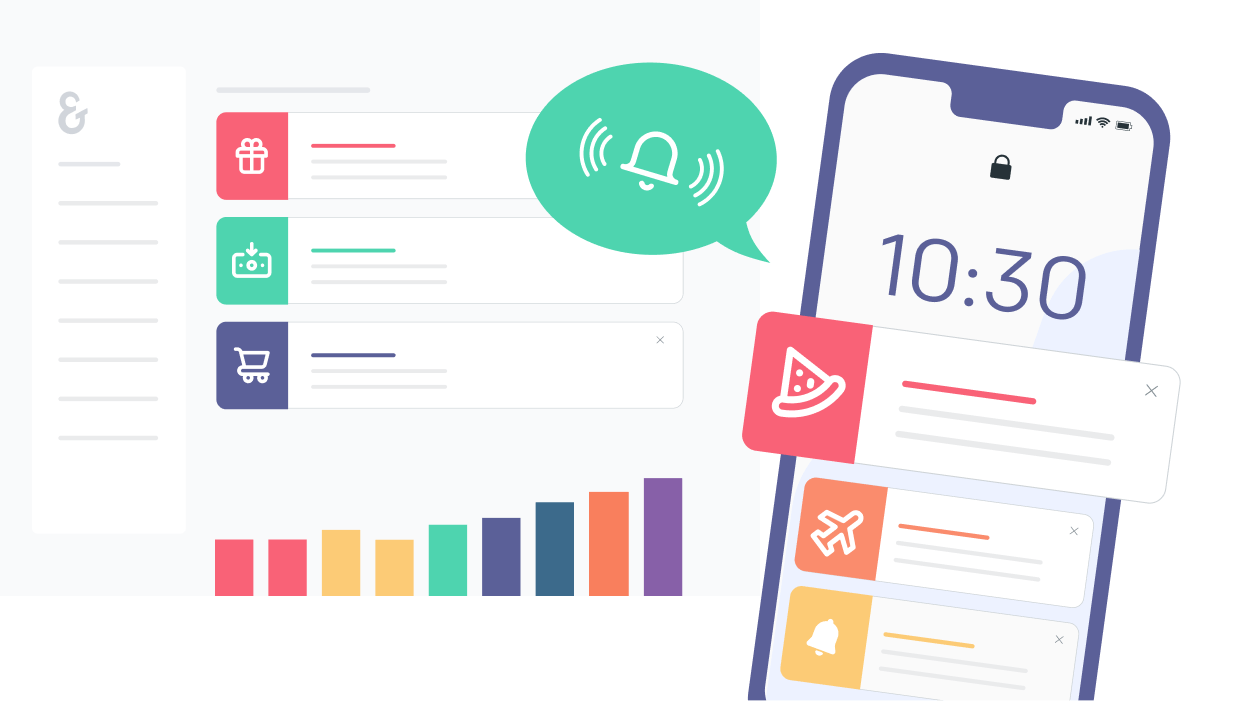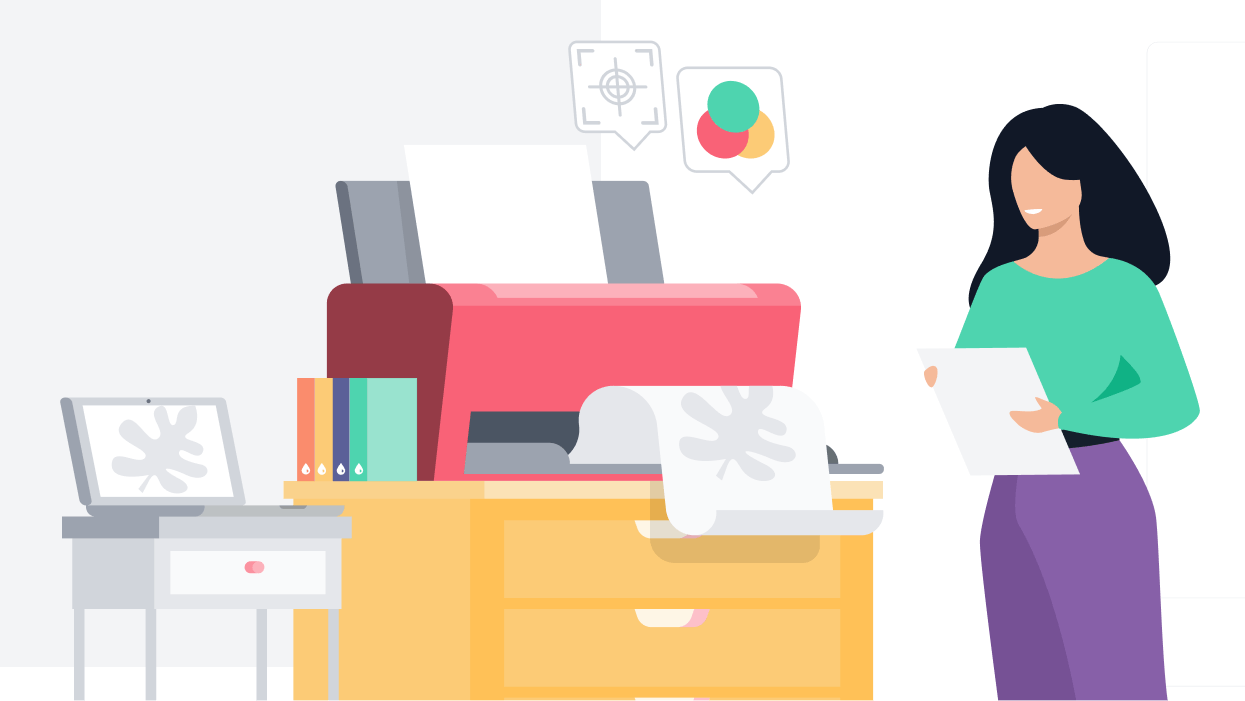
What expenses can a self-employed sole trader claim?
October 14, 2021What exactly are allowable expenses?

Business expenses vs. personal expenses
Keeping track of your expenses

Allowable expenses you can claim as a sole trader
Accounting costs
Advertising & Marketing
Business insurance
Business premises
Clothing
Financial costs
Legal expenses
Software licensing
Staff costs
Stationery and office supplies






